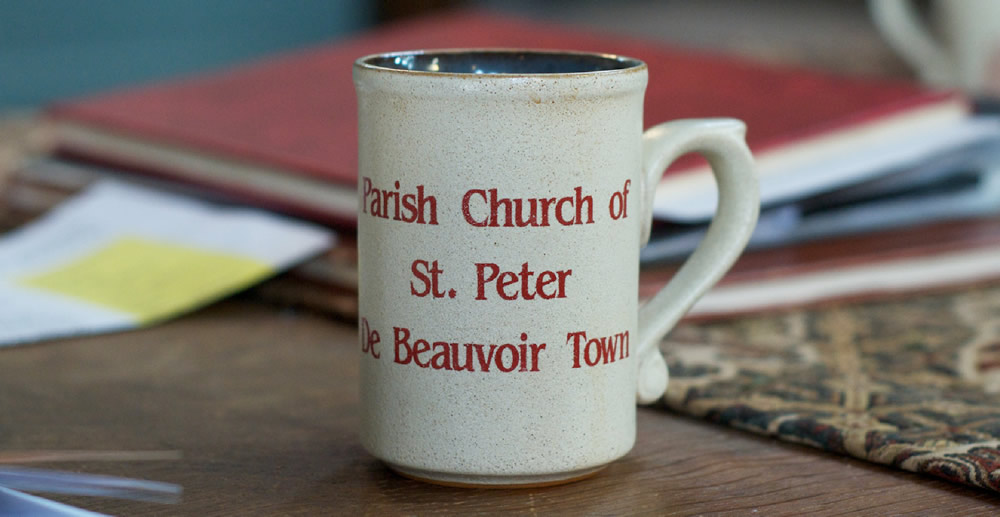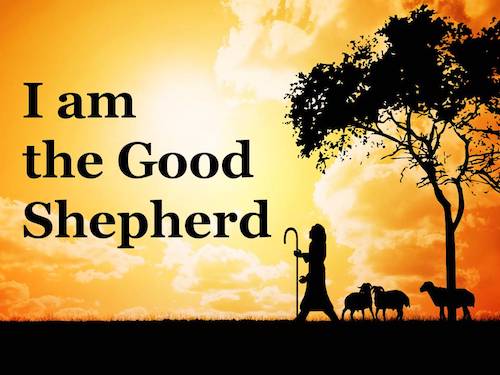The Good Shepherd
In 1930 a cruise liner named Monte Rosa was launched in Germany, and was used by the German navy in the Second World War. This ship was later acquired by the UK government, as a prize of war and re-named ‘Empire Windrush’. Today this ship is best remembered for bringing one of the first groups of post-war West Indian immigrants to the United Kingdom, carrying 493 passengers and a number of stowaways on a voyage from Jamaica to London in 1948.
The British Nationality Act had just been passed, giving citizenship status to all connected with the UK or a British colony. This meant they could settle indefinitely. The ship was far from full, and so an advertisement was placed in a Jamaican newspaper offering cheap transport to anybody who wanted to come and work in the UK. People from across the Caribbean answered Britain’s call for workers. Commonwealth citizens were encouraged to come to fill jobs such as bus drivers and nurses and other positions, because of labour shortages in Britain.
The arrival of the ship prompted complaints from some MPs, but at that time there were no immigration restrictions. Among the passengers was Sam Beaver King who went on to become the first black Mayor of Southwark. There were also the calypso musicians and 60 Polish women displaced during the war. One of the stowaways was a 25-year-old seamstress, who was discovered seven days out of Kingston. A whip-round was organised on board. £50 was raised; enough for her fare and £4 pocket money. Nancy Cunard, heiress to the Cunard shipping fortune, who was travelling back from Trinidad, took the young seamstress under her wing and decided to look after her. Even the stowaways were eligible to remain in the UK.
Some passengers of Empire Windrush intended to stay a few years and although a number did return the majority settled permanently. The name ‘Windrush’ has become known as shorthand for that migration and by extension for the beginning of Britain’s modern, multicultural society.
One of the enduring legacies of the Windrush generation are the churches they joined or founded throughout the 1950s and 1960s. Many from the Windrush generation joined Church of England congregations. In 1955, the PCC minutes of St Peter De Beauvoir voice the following attitude towards new migrants from the West Indies: “We should be sociable, helpful and treat them as one would one’s white fellow Christians and not be embarrassingly over-helpful or over-friendly”.
New denominations and places of worship were created where the new arrivals could worship God and have their culture and ethnicity affirmed. This was particularly necessary, as British society at that time rarely celebrated black culture and achievement.
Approximately 15,000 people living in the UK arrived from Jamaica before 1971 with right to remain and up to 57,000 from around the Commonwealth. However, they were not issued with paperwork to prove this right. Now some of them (it isn’t clear how many) have been told by immigration officials that the country they have called home since childhood wants them to leave. It has emerged that thousands of landing cards were destroyed by the government in 2010. Landing cards that would have helped prove their legal status.
Personally, I have strong political leanings and I’m sure some of you have too. So it may not be helpful for me to comment further on the government or party policies. But I would like to say that whoever you are, and wherever you have come from, you are welcome here.
Diversity among this congregation at St Peter De Beauvoir is a cause for celebration. Your story and your spiritual gifts form the very fabric of this church community. And the impact of the Windrush generation extends far beyond the walls of this church. The influence of your children and grandchildren is felt in all areas of society.
In our first reading from Acts, we hear of Jesus being the stone that was rejected by the builders becoming the cornerstone. Perhaps this rings true for you today. In our readings today, the main theme is Jesus as the Good Shepherd.
As I read the Gospel passage, I was struck by these words which are repeated more than once: I am the good shepherd. The good shepherd lays down his life for the sheep. I am the good shepherd and I lay down my life for the sheep.
Jesus wasn’t a shepherd of course. Before he turned to full-time ministry he was a carpenter. But shepherds were familiar figures in Palestine. A good shepherd leads his sheep to fresh pastures. And a good shepherd, like a good leader, leads gently: neither driving nor forcing; neither coercing nor manipulating.
A bishop’s staff is made to look like a shepherd’s crook; a long wooden stick, curved at the top so that sheep can be hooked. This relates to the reference that bishops are metaphorical shepherds of their Christian flock, following the example of Jesus as the good shepherd.
I’m pleased to say that this week the Bishop of Southwark, Christopher Chessun, has called on the government to end the fear of deportation for those who settled before 1971. A number of bishops have encouraged people to sign a petition (which I have also signed) which asks the government to secure ‘immigration amnesty’, ensuring that the burden of proof of legal status lies with the home office.
In the Old Testament, God is often called the shepherd of Israel. Jesus calls himself the Good Shepherd. The phrase sums up so much. The close, personal relationship between Jesus and his followers; the absolute security they have in him; his leadership and guidance; his constant company; his unfailing care; his life, ‘laid down for the sheep’. This is the God we worship – a Holy and gentle God, one who cares, protects and loves.
Shepherds not only lead their sheep to fresh grazing. They also guard them from wild animals, by lying across the entrance to the sheepfold at night. And here in the fourth Sunday of Easter we have a recent reminder of Good Friday, when our Good Shepherd gave up his own life and died on the cross. He laid down his life for all people. Not just one particular nation or ethnic group, but for the whole world and with power from on high he rose from the grave.
I will end with the words of a poem based on Psalm 23 by Cindy Wyatt called ‘The Good Shepherd’:
Jesus is the good shepherd, who cares tenderly for his sheep; he gives sweet peace and assurance, because his love for us is so deep. This Shepherd, who laid down his life for us, so that we could live, surely knows all our needs, and to us will all things give. The good shepherd guides us, so we don’t have to walk the path alone and gives us His courage, when our hearts faint and groan. He watches over us and protects us, from all evil and harm. The shepherd stays with us forever, and keeps us safe from all alarm.
AMEN







